New Printable Worksheets and Lesson Activities
Science
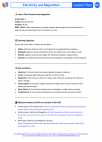
Describe how electrical circuits can be used to produce light, heat, sound, and magnetic fields.
Identifying characteristics of parallel and series circuits
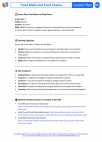
Describe the interdependence of plants and animals.
Tracing the flow of energy through a food chain. Example: producer, first-level consumer, second-level consumer, and third-level consumer
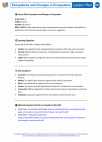
Classify animals as vertebrates or invertebrates and as endotherms or ectotherms.
Describing the grouping of organisms into populations, communities, and ecosystems
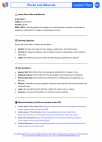
The student demonstrates an understanding of geochemical cycles by describing that most smaller rocks come from the breaking and weathering of larger rocks as part of the rock cycle.
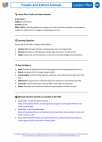
The student demonstrates an understanding of how science explains changes in life forms over time, including genetics, heredity, the process of natural selection and biological evolution by describing fossil evidence (e.g., casts, track ways, imprints, etc.) of extinct organisms.
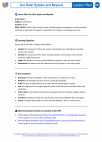
Describe components of our solar system.
Defining comets, asteroids, and meteors
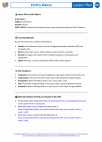
Describe geological features of Earth, including bodies of water, beaches, ocean ridges, continental shelves, plateaus, faults, canyons, sand dunes, and ice caps.
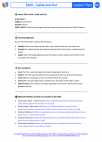
The student demonstrates an understanding of the forces that shape Earth by observing models of how waves, wind, water, and ice shape and reshape the Earth's surface by eroding rock and soil. (L)
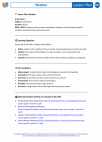
Identify conditions that result in specific weather phenomena, including thunderstorms, tornadoes, and hurricanes.
Identifying positive and negative effects of weather phenomena. Examples: positive - flooding deposits good soil when waters recede, negative - flooding kills crops
Lesson Plan Weather - BundleGrade 3
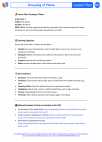
Life Cycles: Understand the life cycles of plants and animals.
Compare life cycles of various plants (e.g., conifers, flowering plants, ferns).
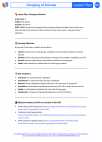
Identify how organisms are classified in the Animalia and Plantae kingdoms.
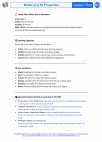
The student demonstrates an understanding of the structure and properties of matter by classifying matter according to physical properties (i.e., color, size, shape, weight, texture, flexibility).
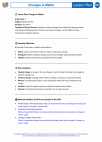
Identify physical and chemical changes of matter. Examples: physical - chopping wood, chemical - burning wood
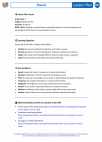
Scientific Testing (Investigating and Modeling): Participate in planning and conducting investigations, and recording data.
Conduct simple investigations (e.g., related to plant life cycles, changing the pitch of a sound, properties of rocks) in life, physical, and Earth and space sciences.
Lesson Plan Sound - BundleGrade 3
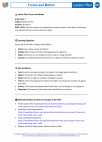
Define force and motion.
Identifying forces that change an object's position or motion. Examples: lifting, pushing, pulling
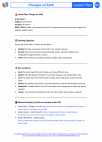
The student demonstrates an understanding of the forces that shape Earth by identifying and comparing a variety of Earth's land features (i.e., rivers, deltas, lakes, glaciers, mountains, valleys, and islands).
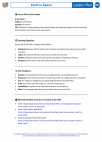
The student demonstrates an understanding of the theories regarding the origin and evolution of the universe by recognizing that objects appear smaller the farther away they are.
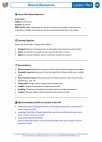
Describe ways energy from the sun is used. Examples: plant growth, light, heat
Identifying fossil fuels as a source of energy
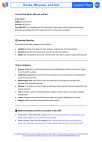
Describe Earth's layers, including inner and outer cores, mantle, and crust.
Classifying rocks and minerals by characteristics, including streak, color, hardness, magnetism, luster, and texture
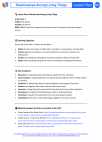
Describe the life cycle of plants, including seed, seed germination, growth, and reproduction.
Describing the role of plants in a food chain